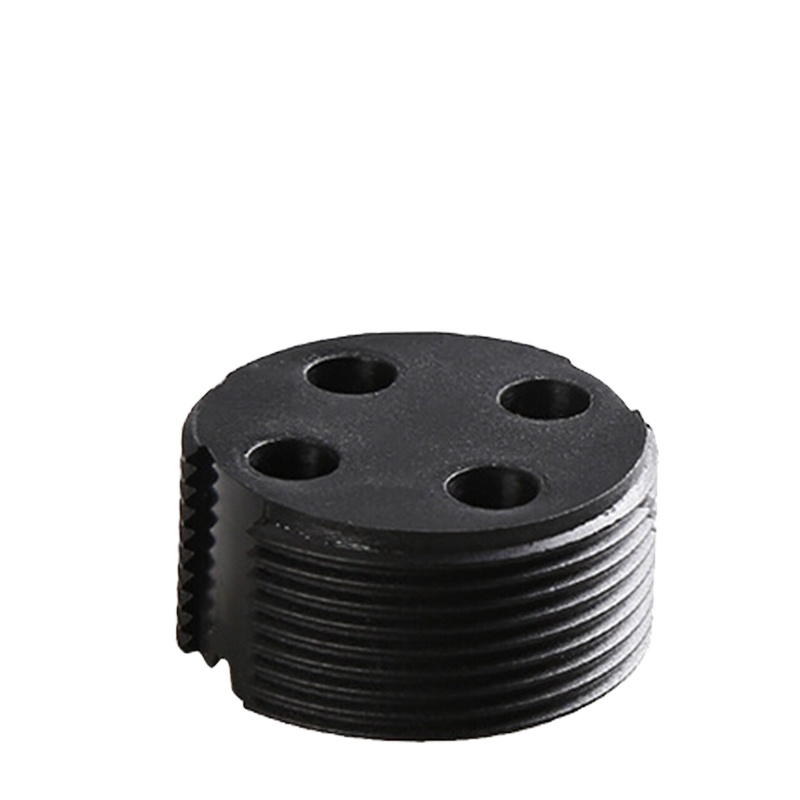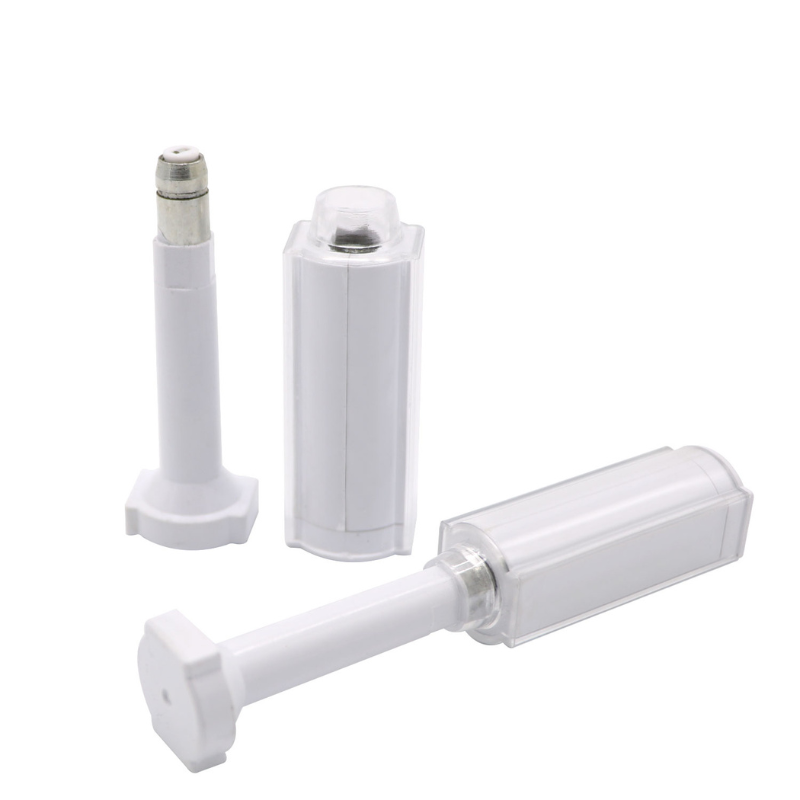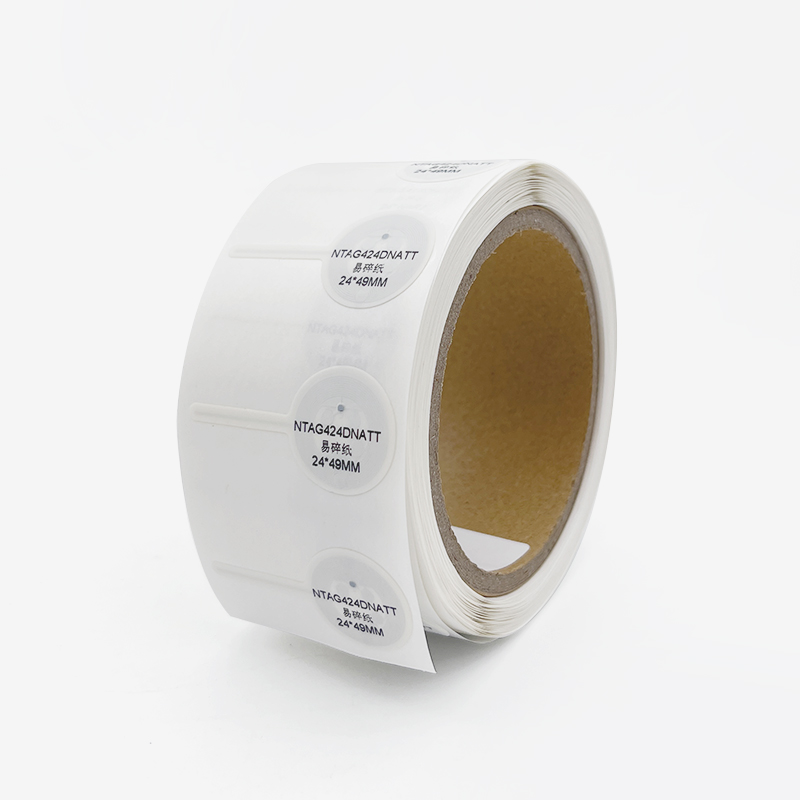
How Hotel Key Card Work: NFC vs. RFID Explained
Table of Contents
How Do RFID Hotel Key Cards Work? Everything You Need to Know
In this article, we will explore how RFID technology powers hotel key cards, the differences between various types of hotel key cards, and the benefits of NFC-enabled smart cards.
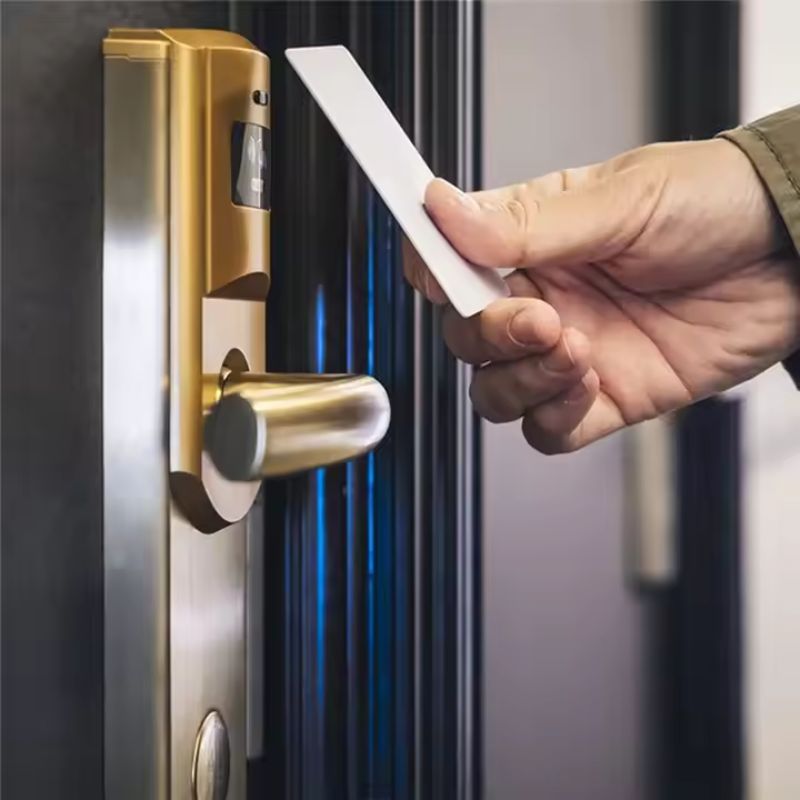
What Are RFID Hotel Key Cards?
RFID hotel key cards are contactless smart cards that use Radio Frequency Identification (RFID) technology to grant guests access to their rooms or hotel facilities. Unlike traditional keys or magnetic stripe cards, RFID cards enable a faster, more secure, and durable solution for modern hotels.
Key Features of RFID Hotel Key Cards:
- Contactless Access: Guests only need to hold the card close to the RFID reader to unlock doors.
- Customizable: Cards can store information such as room numbers or access privileges.
- Durable: Resistant to wear and tear, unlike magnetic stripe cards.
“Hotels use RFID key cards to enhance security while improving operational efficiency.”
How Do RFID Hotel Key Cards Work?
RFID hotel key cards use radio waves to communicate with an RFID reader embedded in the hotel’s door lock system.
How It Works:
- The RFID chip in the card stores encrypted guest data, such as room access codes.
- When the card is brought into proximity to the reader, it powers the chip and transmits the data.
- The RFID reader verifies the data and unlocks the door if the information matches.
This contactless operation ensures a smooth and secure check-in process for guests.
Types of Hotel Key Cards: RFID vs. Magnetic Stripe
RFID Cards:
- Technology: Use an RFID chip and antenna for contactless communication.
- Durability: More durable and reliable than magnetic stripe cards.
- Convenience: No need to swipe; simply hold the card near the reader.
Magnetic Stripe Cards:
- Technology: Store data on a magnetic stripe that needs to be swiped.
- Durability: Susceptible to wear and magnetic interference.
- Security: Easier to clone compared to RFID cards.
“While magnetic stripe cards were once the standard, RFID cards have become the preferred choice for hotels due to their enhanced security and convenience.”
Advantages of RFID Hotel Key Cards
Enhanced Security:
- Encrypted data makes it harder to clone or tamper with RFID cards.
Improved Durability:
- RFID cards can withstand frequent use, reducing replacement costs.
Streamlined Operations:
- Hotels can store information on the card, such as access to pools, spas, or other facilities.
Better Guest Experience:
- Faster room access without swiping ensures a smooth check-in process.
“RFID key cards not only improve security but also contribute to better guest satisfaction.”
How Hotels Use RFID Cards for Access Control
Key Applications in Hotels:
- Room Access: Guests use RFID cards to access their rooms by holding the card near the door’s RFID reader.
- Facility Access: Cards can be programmed to grant access to gyms, conference rooms, or VIP areas.
- Payment Integration: Some RFID hotel key cards can function as smart cards, enabling guests to pay for meals or spa services.
By integrating RFID into their access control systems, hotels can improve both security and guest convenience.
What Is the Role of NFC in Hotel Key Cards?
Near Field Communication (NFC) is a subset of RFID technology that allows two-way communication between devices within a short range.
Benefits of NFC in Hotels:
- Mobile Key Cards: Guests can use their smartphones with NFC-enabled apps to access their rooms.
- Enhanced Security: NFC technology provides advanced encryption for secure access.
“NFC technology allows hotels to offer digital key cards, eliminating the need for physical cards.”
How Do RFID Key Cards Enhance Guest Experience?
Convenience:
- Guests can access their rooms without inserting or swiping the card.
- RFID systems allow for contactless check-ins, reducing wait times at the front desk.
Personalization:
- Hotels can program cards to offer access to specific amenities, like spas or VIP lounges.
“RFID hotel key cards ensure a smooth and personalized experience, making guests feel valued and secure.”
Ensuring Security with RFID Hotel Key Cards
Hotels use encryption technology to protect the data stored on RFID cards.
Key Security Features:
- Encrypted Data: Prevents unauthorized duplication or tampering.
- Access Logs: RFID systems track usage, providing an audit trail for added security.
“With RFID cards, hotels can provide guests access while maintaining robust security measures.”
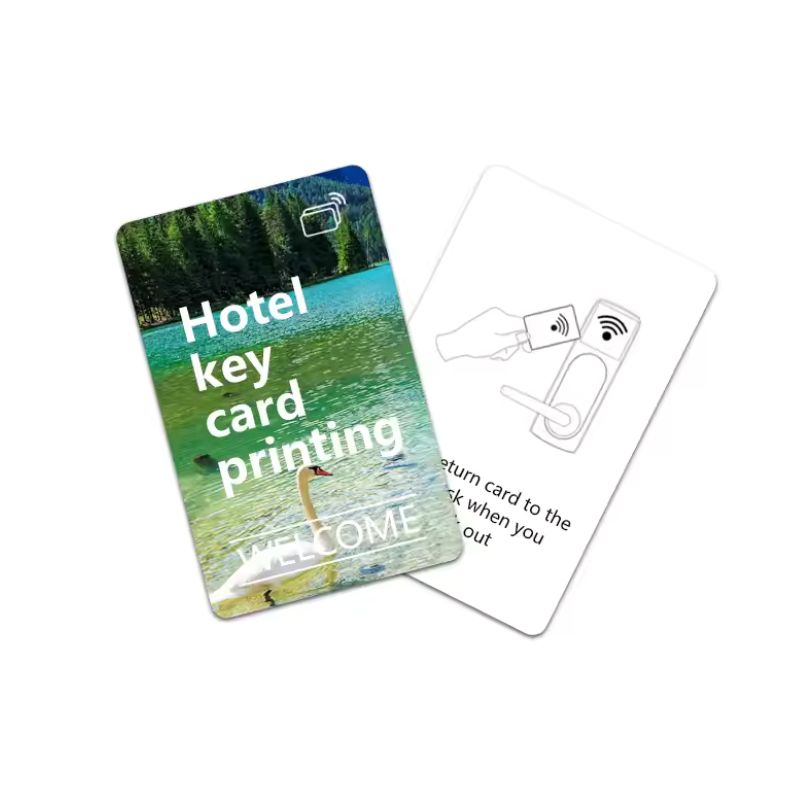
What Are PVC RFID Cards and Their Benefits?
PVC RFID cards are made from durable plastic material and embedded with an RFID chip.
Benefits of PVC RFID Cards:
- Customizable: Hotels can print logos, guest information, or promotional messages.
- Long-Lasting: Resistant to bending, scratching, or water damage.
- Environmentally Friendly Options: Some manufacturers offer biodegradable PVC cards.
“PVC RFID cards are the ideal solution for hotels seeking durable and customizable key card options.”
Future Trends in Hotel Key Card Technology
The hotel industry continues to evolve, with key card technology advancing rapidly.
Upcoming Innovations:
- Mobile Key Cards: NFC-enabled smartphones will replace physical cards entirely.
- Biometric Integration: Combining RFID with facial recognition for secure and seamless access.
- Eco-Friendly Cards: Hotels are shifting toward sustainable materials for their RFID cards.
“Future developments will focus on enhancing guest experience while improving operational efficiency and sustainability.”
FAQs About RFID Hotel Key Cards
How do RFID hotel key cards work?
RFID key cards use a chip and antenna to transmit data to an RFID reader via radio waves. The system verifies the data to grant access.
Are RFID cards more secure than magnetic stripe cards?
Yes, RFID cards use encrypted data, making them harder to clone or tamper with compared to magnetic stripe cards.
Can guests use smartphones instead of RFID cards?
Yes, NFC-enabled smartphones can function as digital key cards for contactless room access.
What are the advantages of RFID hotel key cards?
They offer better security, durability, and convenience, enhancing both hotel operations and guest satisfaction.
Are RFID cards suitable for small hotels?
Yes, RFID systems are scalable and can be customized for hotels of any size, making them ideal for small and large properties alike.
Comments
Hot Products
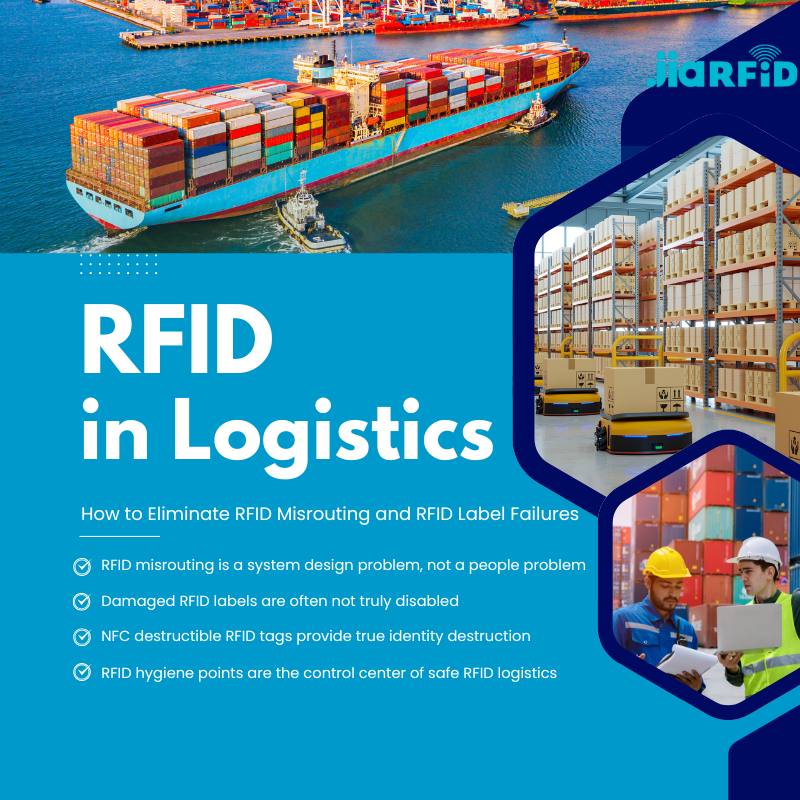
RFID in Logistics: How to Eliminate RFID Misrouting and RFID Label Failures
RFID in logistics is more than just a tool to speed up processes. It has become a key part of how modern supply chains operate.
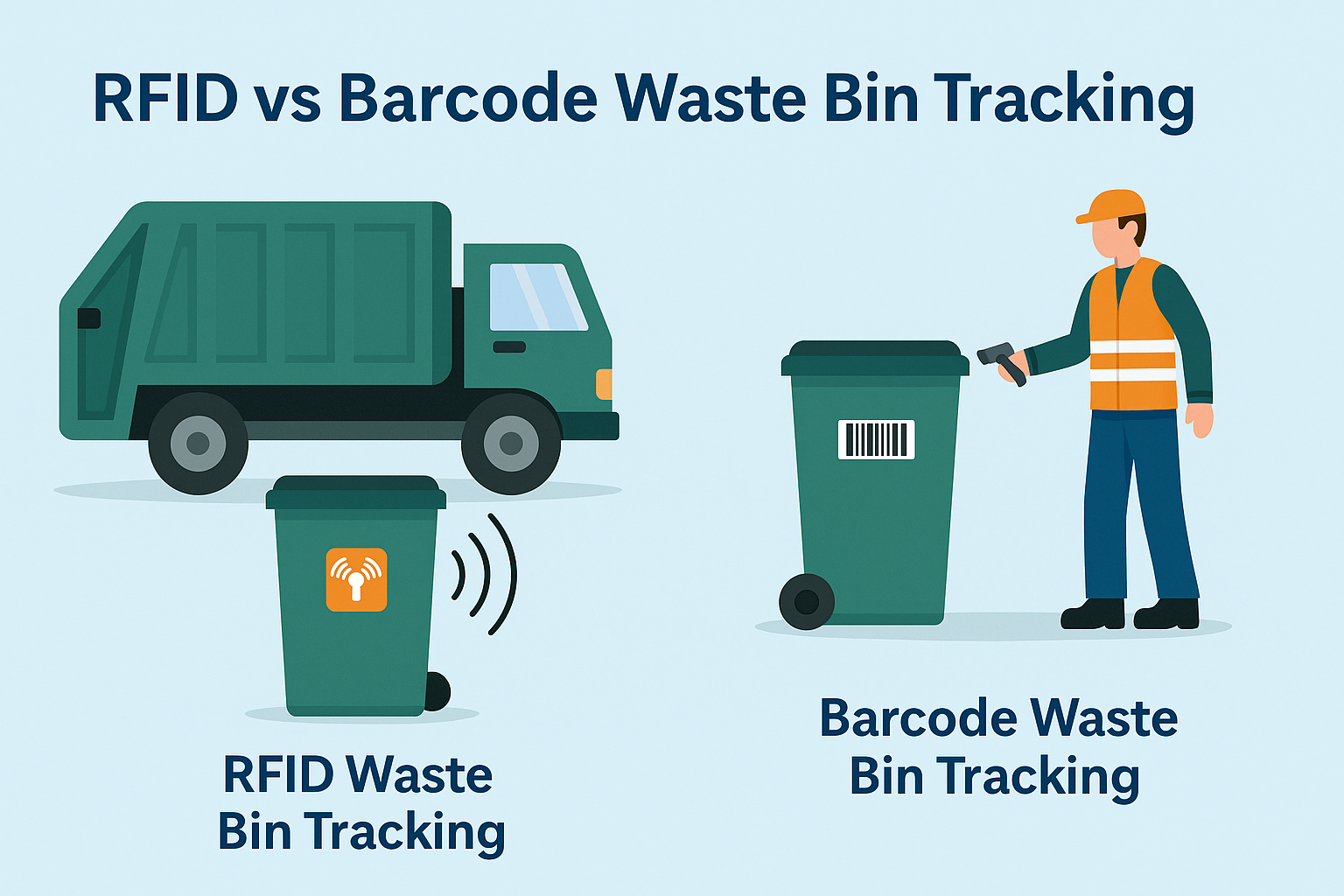
What Is RFID Waste Management
Imagine a city where every trash bin speaks — not literally — but through a tiny chip that tells the system when it’s full, when it’s emptied, and where it went. That’s what RFID waste management is doing today.
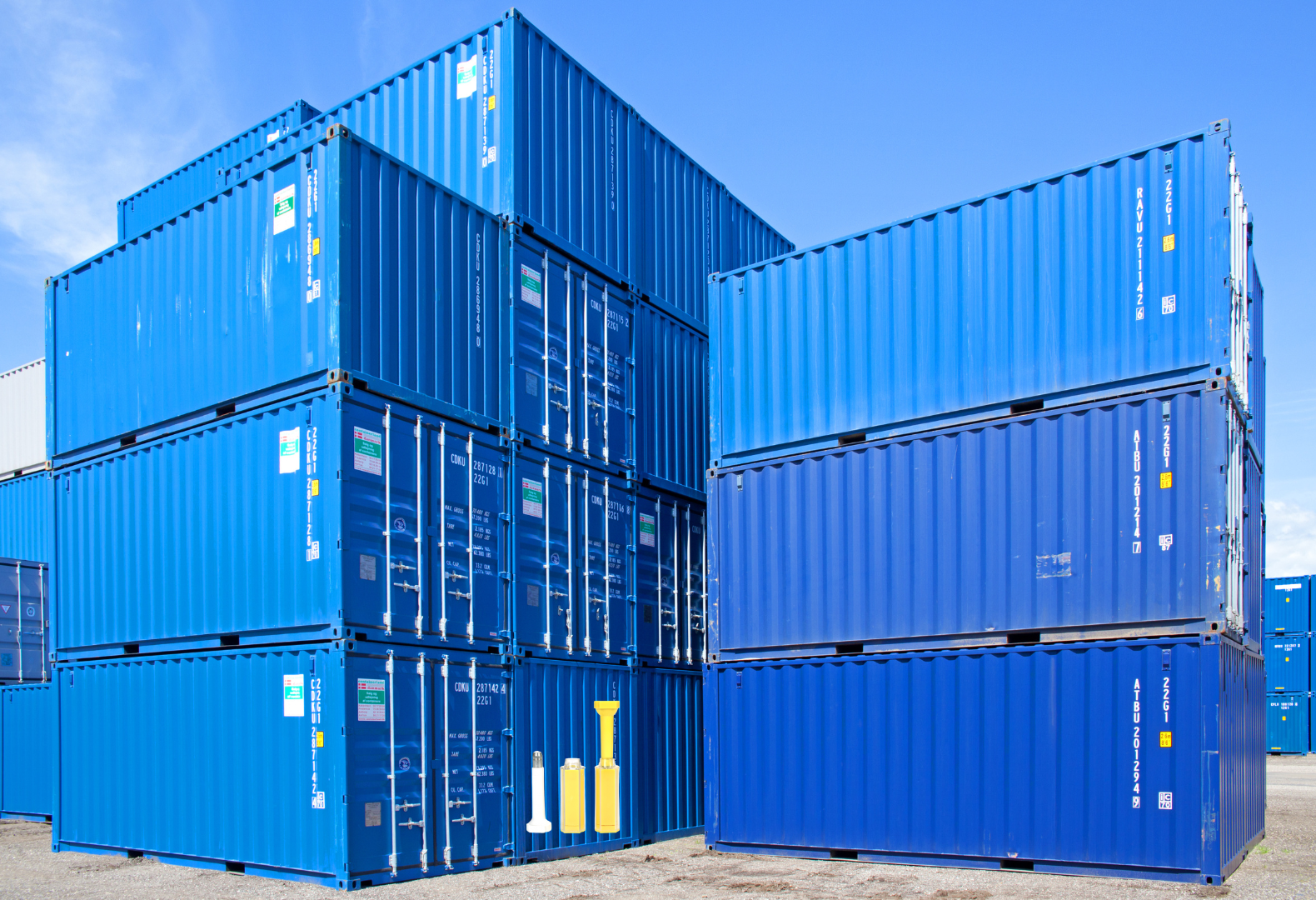
What are Bolt Seals and their Applications? | Complete Guide
In global trade and logistics, bolt seals play a crucial role in ensuring cargo security and compliance. These small but powerful devices are designed to lock shipping containers, trailers, and cargo doors with a tamper-evident mechanism.
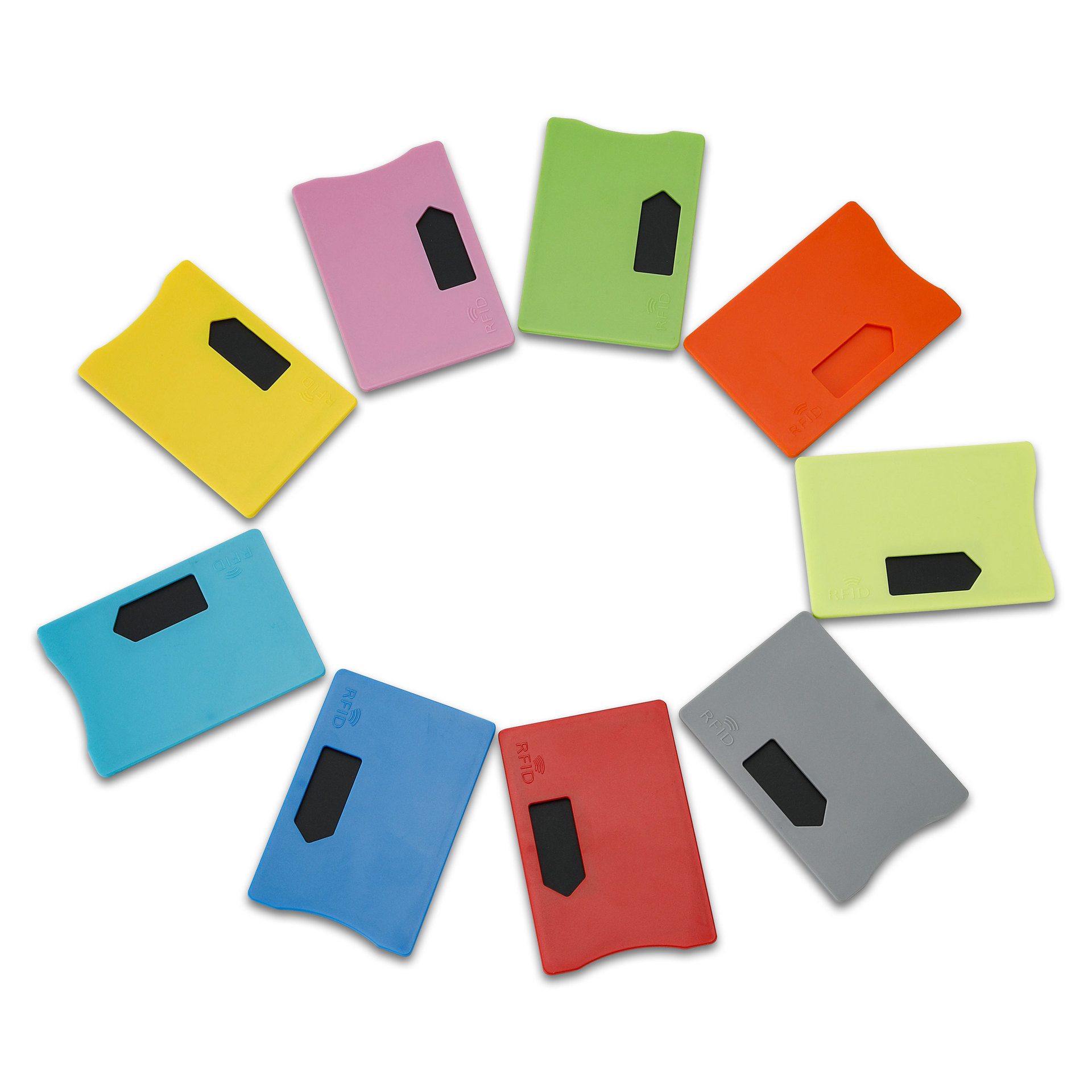
What is an RFID Card Protector? Benefits, Use Cases, and Buying Guide
RFID technology (Radio Frequency Identification) is everywhere: in your credit cards, ID badges, transit passes, hotel room keys, and more. It offers speed and convenience, but it also opens the door to a new kind of digital theft called “skimming.” That’s where an RFID card protector comes in.

RFID Wristbands for Events: Bulk Buying Guide for Organizers
RFID wristbands for events are becoming the go-to solution for organizers who need faster entry, fraud prevention, and cashless payments at concerts, festivals, and sports venues. Unlike paper tickets or QR codes, these smart wristbands use embedded chips to streamline access, secure transactions, and improve the guest experience.
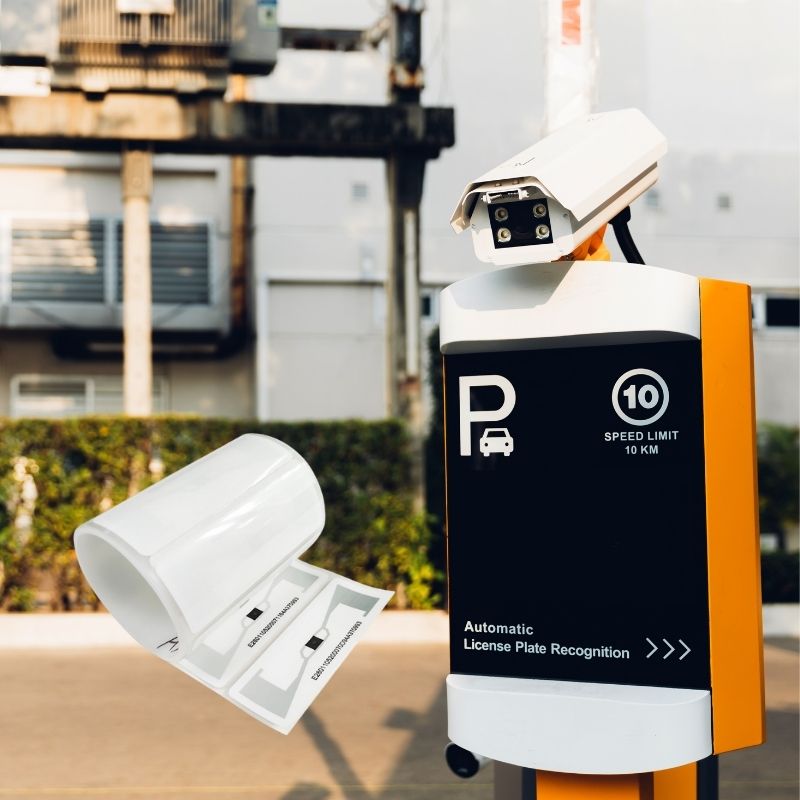
How RFID Tag on Windscreen Improves Vehicle Access Control and Toll Systems
In today’s fast-paced world, vehicle identification needs to be quick, secure, and contactless. An RFID Tag on the Windscreen provides exactly that — a reliable way to manage toll collection, parking, and gated access without stopping vehicles.
Tags
RELATED BLOGS

RFID in Logistics: How to Eliminate RFID Misrouting and RFID Label Failures
RFID in logistics is more than just a tool to speed up processes. It has become a key part of how modern supply chains operate.

What Is RFID Waste Management
Imagine a city where every trash bin speaks — not literally — but through a tiny chip that tells the system when it’s full, when it’s emptied, and where it went. That’s what RFID waste management is doing today.

What are Bolt Seals and their Applications? | Complete Guide
In global trade and logistics, bolt seals play a crucial role in ensuring cargo security and compliance. These small but powerful devices are designed to lock shipping containers, trailers, and cargo doors with a tamper-evident mechanism.


